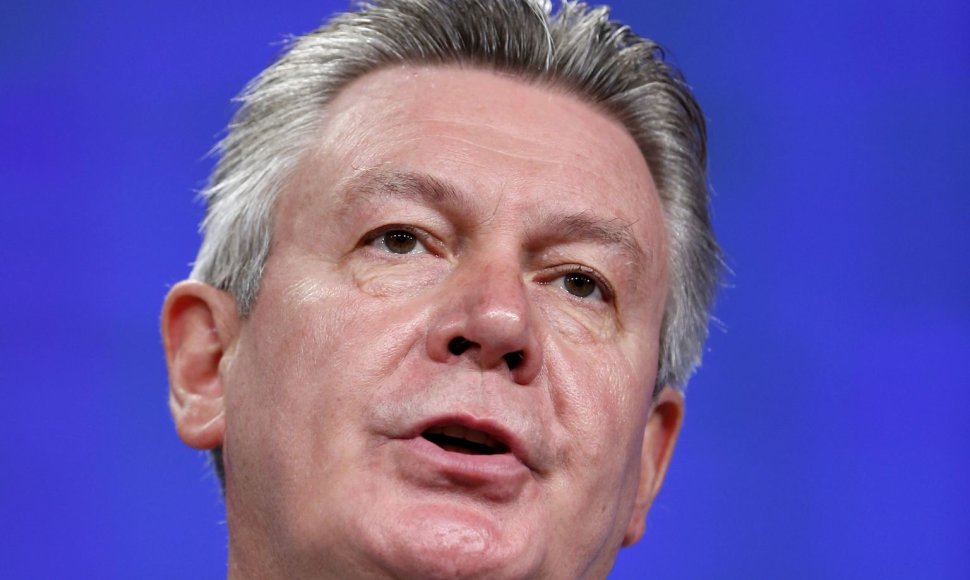"There is little doubt on my mind that these actions are politically inspired but that doesn’t refrain us, of course, from properly preparing an action that we would launch," the commissioner told BNS in Strasbourg on Tuesday evening after a discussion at the European Parliament (EP).
In September, Russia tightened customs checks of Lithuanian haulers on the mutual border, fully halting imports of Lithuanian dairy products earlier this week.
In de Gucht's words, the Russian actions will be discussed at the October 18 meeting of the WTO Goods Council in Geneva.
Lithuanian Foreign Vice-Minister Vytautas Leškevičius said at the meeting that the Russian actions are a challenge for all of the EU.
"A public campaign has been launched against Lithuanian dairy products. We do not know what happens next, and the situation cannot be tolerated. It is a challenge for all of the (European) Union. Solidarity with Lithuania is the least Europe can and must do," Leskevicius said.
Lithuanian MEP Vytautas Landsbergis, former head-of-state, said at the discussion that Russia aimed to destroy Lithuania's economy.
"The political attack by the Kremlin is, in essence, an attempt to bring down our economy and it is a challenge for the EU, we are awaiting their response. We can talk beyond the Lithuanian trucks on the Russian border, as well as the abnormal situation on the Russian-EU border. The losses incurred by Lithuanian importers are the losses of the EU," he said.
Liberal MEP Leonidas Donskis said: "Nobody has doubts that the developments is a campaign of revenge."
German MEP Daniel Caspary said on behalf of the European People's Party that Russia was attempting to "torpedo" the EU Eastern Partnership policies, therefore, the actions required an EU response.
Lithuania's government said it did not rule out the possibility of turning to the WTO, emphasizing the step would only be possible together with the European Commission. Prime Minister Algirdas Butkevičius described the WTO claim against Russia as the last resort.












